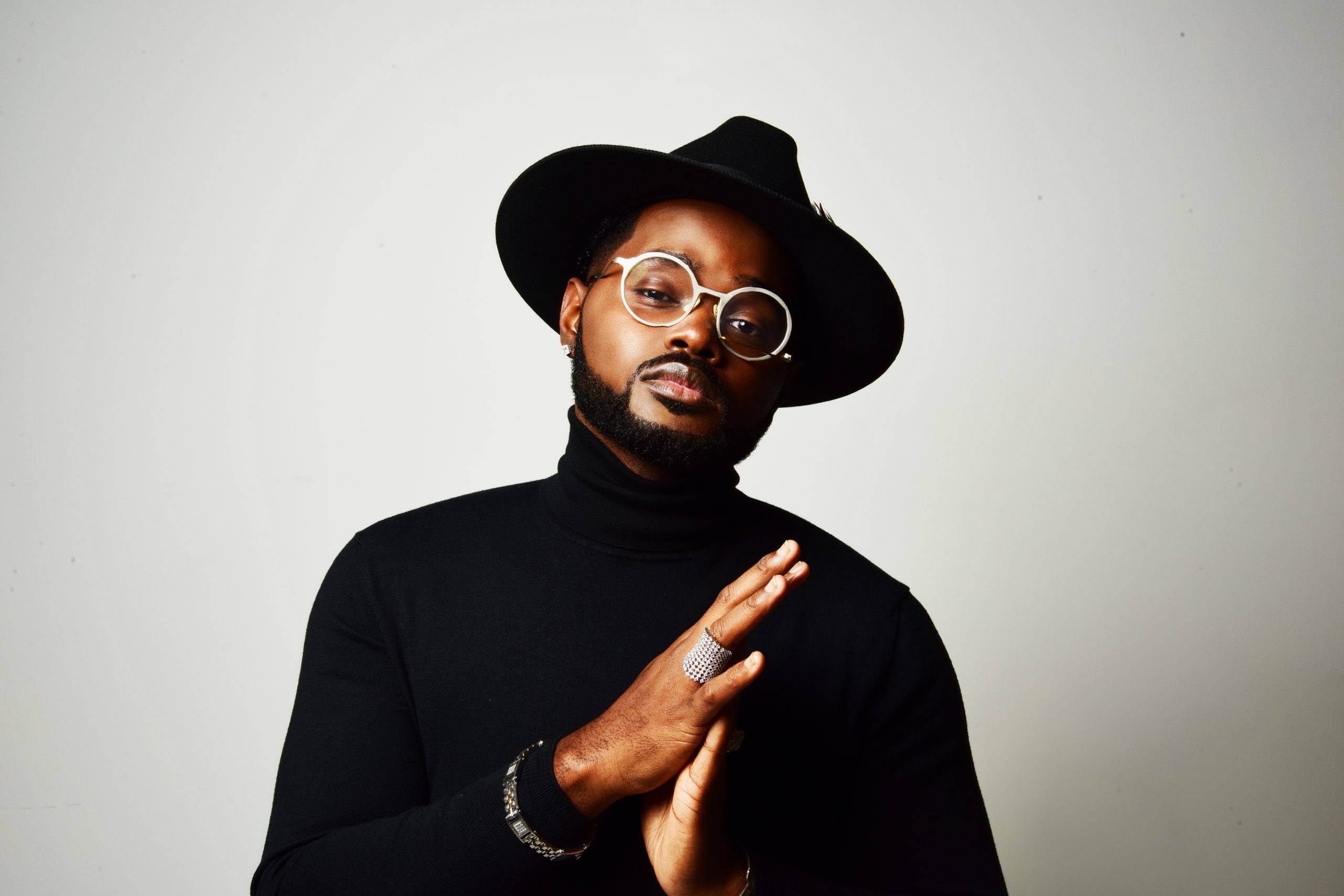My First Opera: John Holiday

I grew up with music in my house. My grandmother was a singer and a pianist, and my mother played clarinet in her high school band. We listened to a whole mix of music — not classical or opera, but a lot of gospel, jazz, and pop. On Saturdays, my mother would blast out the Clark Sisters to let us know we had to get up and do our chores. My family was always totally supportive of my musical endeavors. The only time I got in trouble was when I was in high school, and I competed to join the Texas Music Educators Association All-State Choir. I’m a night owl, and I would sing my music really late at night. It drove my mother crazy!
When I was in second grade, I joined the Fort Bend Boys Choir. We sang in La damnation de Faust with the Houston Symphony and I got one of the two boys’ solos. Denyce Graves was Marguerite. She was so beautiful and elegant, and then she opened her mouth and this amazing sound came out. I thought, “Whatever it is she’s doing, I want to do that.” I went up to her and said, “Miss Graves, I love you so much and I love your dresses.” She took me into her dressing room and showed me all of her costumes and her shoes and her jewelry. I was mesmerized. She single-handedly gave me the idea that my biggest dreams were possible.
I had some great music teachers along the way, like Brenda Brothers, who taught choir when I was in the fourth grade and was the first African American teacher I ever had. My music teacher in high school, Pam Scarborough, was always pushing me to do my very best. She was the person who drove me to my college audition at Southern Methodist University.
I saw my first opera when I was a college freshman. SMU had a partnership with Fort Worth Opera and The Dallas Opera: You could show your ID and get a free ticket. I saw Rigoletto at Fort Worth and I loved it all, but especially Indira Mahajan, who sang Gilda. When I came back to school, I couldn’t stop singing “Caro nome.” I had been studying as a tenor, but I told my teacher, Barbara Hill Moore, that I could sing really high. She said, “Show me!” so I sang “Caro nome” — with all the wrong text. Ms. Moore said, “This voice type is called a countertenor. If you’re going to do this, you can’t switch back and forth. You’re going to stay as a countertenor because that will strengthen your muscle memory.”My teachers have been two mezzos and a soprano.
I have never studied with a countertenor or with any male teacher, and I don’t think that a man would have taught me any differently. Good singing is good singing. The mechanism is the same, no matter what your voice type. You have to have good posture and good breath to produce a good sound. My voice teachers are like my mothers. They don’t necessarily like me to describe them that way, but I come from a family of teachers, and I have a very deep love for teachers.
This year on March 31, my birthday, Fort Bend County declared John Holiday Day. Everybody wanted to shake my hand and have their picture taken with me. I’m proud to be from Rosenberg, Texas, and most importantly I’m proud to show other little Black boys and girls what is possible for them. I know it sounds like a cliché, but there are so many wonderful things out there, and if you dream about it, you can achieve it.
Countertenor John Holiday’s repertoire stretches from Baroque opera to contemporary works. He showed a different side of his talent last year, becoming a finalist on NBC’s The Voice and singing soul, gospel, and jazz. This article was adapted from a conversation with John Holiday that can be viewed here.
This article was published in the Fall 2021 issue of Opera America Magazine.





